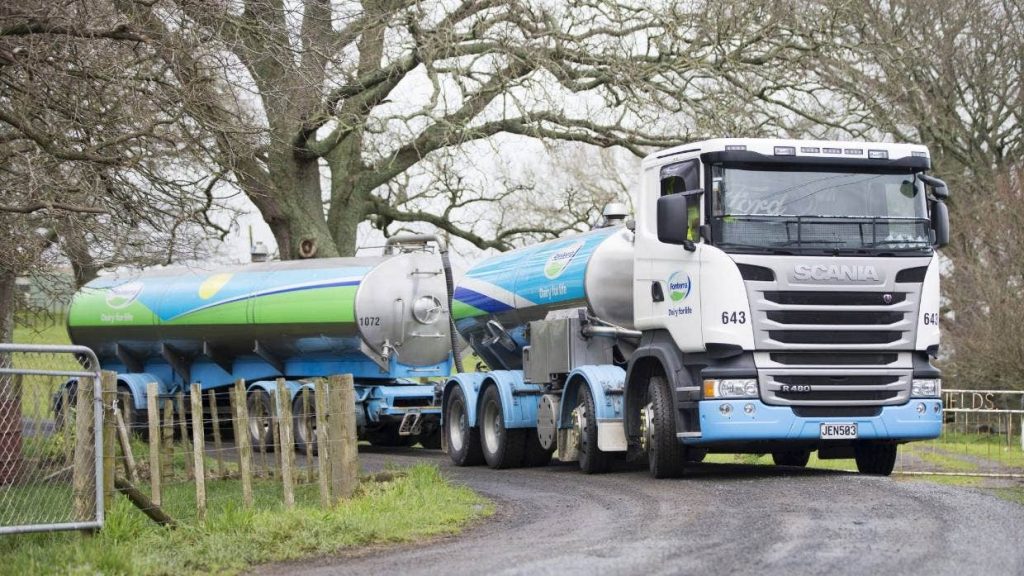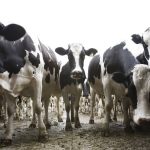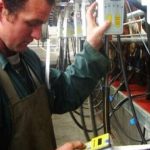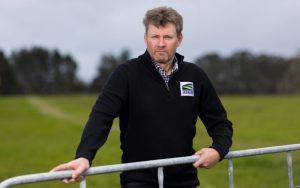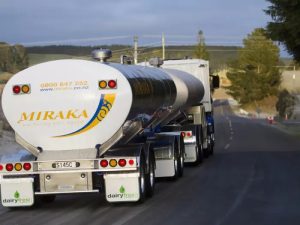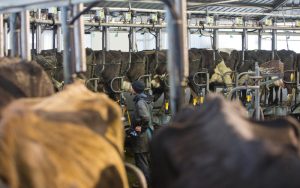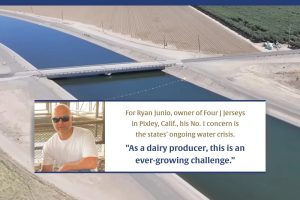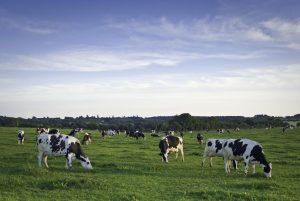
It has completed the first round of farmer consultation on its proposed capital structure.
In May, Fonterra announced it was revising its capital structure as milk supply started to tail off and had been consulting with investors and farmers on how to re-shape the business.
The first phase of consultation is now complete and it is drawing up a revised proposal based on feedback, the dairy giant said on Monday.
Common themes emerged from the consultation process, revealing that farmers were concerned about the farmer-only market and its impact on the share price, balancing flexibility and managing the transition to a new structure.
A number of changes were being considered to the preferred option initially put forward in May, including adjusting the proposed minimum shareholding requirement for farmers and enabling share milkers and contract milkers to own shares.
A minimum shareholding requirement of 33 per cent of milk supply, or one share per 3 kilograms of milk solids, could be required. The preferred option had previously been 25 per cent.
The entry timeframe for farmers to join the co-op could be extended from five to six years, while current shareholders would be given more time to exit – up to between 10 and 15 years from five years.
Other changes might include a review of the market maker role of the co-op and a look at how potential share buy-back options could be used to support more share trading in a farmer-only market.
Chairman Peter McBride said it was a good time for the board to step back and reflect on the input as farmers were now busy with calving.
”Once they’ve come through this particularly busy time of the season, we’ll be ready to consult on the updated proposal,” he said.
Directors had held 90 farmer meetings and seven online webinars, as well as speaking directly with many farmers and attending events such as Fieldays.
More than 5000 farmers had engaged directly.
McBride acknowledged the uncertainty the restructure would create and said a full discussion was in order to get the right outcome.
“The board maintains its belief that, in a flat or potentially declining milk environment, making changes early will put us in the best position to provide farmers with more flexibility while protecting farmer ownership and strengthening our co-op’s financial sustainability.”
Initial feedback from farmers included wanting more information about the business strategy and future performance. Fonterra said information about its long-term strategy, investment plans and targetted returns would be provided in August and September.
“We have also reconsidered voting rights in light of some feedback and at this stage our preference is for voting to continue to follow share-backed supply as it currently does,” McBride said.
The co-op would continue to consult over the next couple of months using surveys and focus groups. A more detailed proposal would be developed by late September, about the same time as the annual results were announced.
A farmer vote would held at Fonterra’s annual meeting in December, McBride said.
Milk prices have been strong for some time, helping the company achieve a healthy annual net profit last year of $659 million, a $1.3 billion improvement on the previous year.
